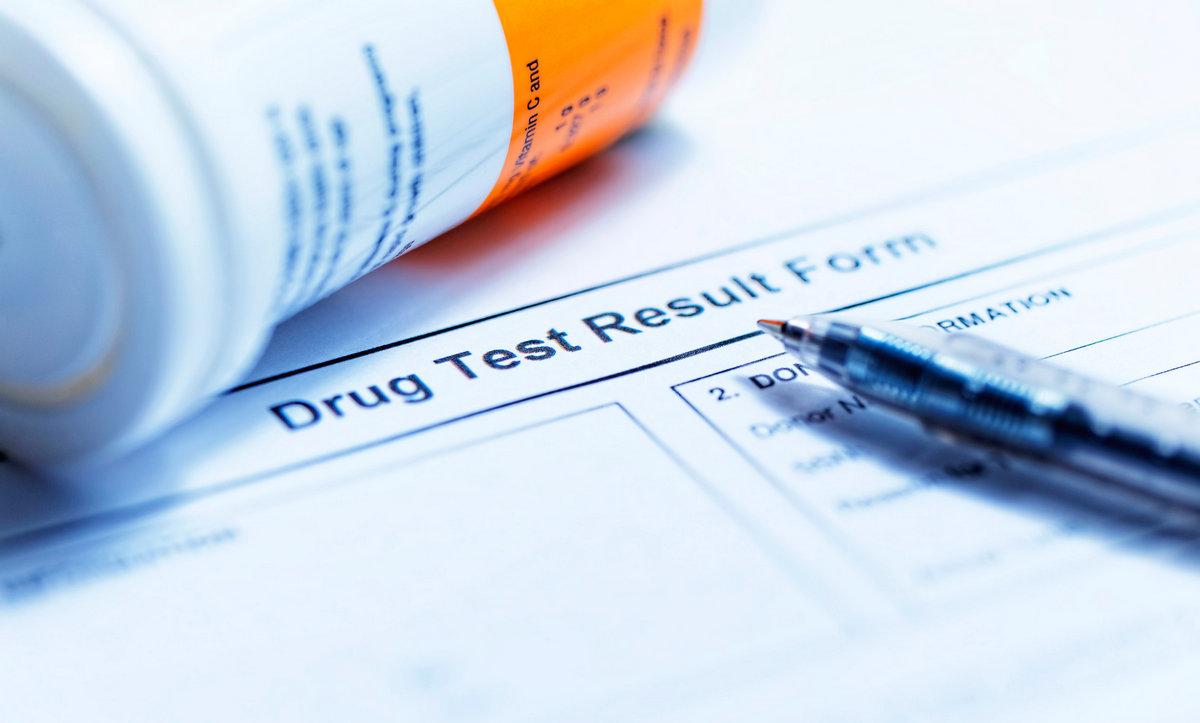Historically, many workplaces have had strict policies prohibiting marijuana accommodation in employees, even with medical marijuana prescriptions.
Those who would otherwise benefit from using medical marijuana to manage chronic issues worry about discrimination. Or even that they wouldn’t be able to get a job, they are highly qualified because of their alternative methods for managing chronic symptoms.
With many companies requiring drug screenings, these people wouldn’t be able to “pass” since the THC from medical marijuana would show up in their system.
Medical Marijuana in the Workplace
Unfortunately, the results will come back the same for THC whether it was prescribed or not. And with old beliefs surrounding marijuana, it’s easy for these people to be written off as unqualified, despite being very successful and hardworking.
With the new presidential administration and growing advocacy for medical marijuana and CBD as natural alternative medicine, some expect changes in workplace policies surrounding medical marijuana.

Why Does Change Surrounding Medical Marijuana in the Workplace Matter?
More and more people find that medical marijuana and CBD products are helpful natural solutions to their chronic issues. Perhaps traditional medications did not work for them—maybe there were too many side effects, or they are genetically predisposed to opiate addiction, etc.
Medical marijuana provides chronic pain relief to arthritis, chronic migraines, fibromyalgia, and much more. What’s more, medical marijuana use does not necessarily have anything to say about an employee’s qualifications or skill set.
They may still be highly qualified and capable, despite their chronic issue(s). Medical marijuana is often a tool to help them live their life normally, including being successful at work.
While some employers may express concern about how THC affects overall function (i.e., getting someone high), studies say otherwise. When using medical marijuana regularly, cognitive function skills have shown no signs of decline, and attention span and time management are even improved.
When pain isn’t a distraction, people can focus well on other tasks. Creating a bias based on someone’s use of medical marijuana can prevent an employer from acquiring the talented employee they’re looking for.
Why Are We Talking About This Now?
This isn’t necessarily a new conversation, but it has gained traction with the unique presidential situation and advocacy for medical marijuana workplace accommodation growing across the nation.
While President Joe Biden does support the decriminalization of marijuana, legalization efforts will likely remain at a state-level shortly. We’ve talked about the issues with the state-by-state case we operate on now, but some states are making positive moves even then.
Many encourage employers to revisit their policies and accommodations as laws evolve, so medical marijuana patients aren’t unjustly affected.
At the moment, marijuana is federally listed as a Schedule I drug under the Controlled Substances Act. This means the federal government currently stands because marijuana has no medical value and can be abused.
Let’s note, however, that Vice President Harris supported the Marijuana Opportunity Reinvestment and Expungement (MORE) Act. This bill was passed by the House in December 2020 and aimed to de-schedule marijuana and decriminalize it. Under this Act, though, states would still be in charge of cannabis regulations.
The MORE Act did not continue through the Senate, and while most Democrats were in favor, not all were. That’s not to mention the existing conflict between Democrat and Republican views on marijuana (hence why the MORE Act didn’t make it through the 50-50 Democrat-Republican Senate).
Realistically, many experts believe that it’s more likely that marijuana will be reduced from a Schedule I drug to a Schedule II drug. This would mean that marijuana wouldn’t be classified as having any medical benefit but would still be classified as a dangerous drug with the potential for abuse.
For federal legalization to occur (meaning marijuana would be legal in all 50 U.S. states), it would need to involve congressional action.
Unfortunately, federal changes like this tend to go at a slow pace. And with so many other issues to tackle in 2021, it’s doubtful we will see federal legalization from the presidential administration this year.
But the one good thing about leaving marijuana laws up to the state is that the process moves much quicker. Even in states where marijuana is currently legal, state leaders are expanding their laws to include more reasons for cannabis use.
While many people believe that CBD is a THC-free alternative, the majority of CBD products sold contain trace amounts of CBD unless stated otherwise. CBD products are permitted to contain no more than 0.3% THC. Patients seeking a completely THC-free alternative need to specifically purchase isolate or broad-spectrum CBD.
What Does Medical Marijuana Change in the Workplace Mean for Employers?
As states continue to refine their laws about marijuana use, employers will be forced to reevaluate their policies about medical marijuana and the workplace. They’ll also have to consider whether drug testing is financially beneficial.
Employers will need to be aware of their state’s current and proposed marijuana laws. Many legalized states do not allow employers to discriminate against employees or applicants who use medical marijuana.
On top of that, we can expect to see courts in these states continue to protect medical marijuana user rights. However, while this is a good thing and the list of states legalizing recreational and medical marijuana grows, most laws don’t have workplace protections for applicants or employees. Additionally, no state laws dictate whether employees legally have to accommodate medical marijuana use during work hours.

Ohio’s Medical Marijuana Workplace Policy
Medical marijuana is legal in Ohio. However, under current Ohio laws, employers are under no obligation to accommodate medical marijuana use in or out of the workplace.
In Ohio, employers are allowed to fire, refuse to hire, or discipline employees who use medical marijuana. Understandably, this can create cause for concern when medical marijuana patients are applying for jobs.
However, you can play a role in changing Ohio’s stance on this by staying up to date on Ohio bills and petitions to the Ohio Medical Marijuana Control Program (MMCP). While current medical marijuana workplace accommodations leave much room for growth, we’re hopeful for positive change in the future.
—
If you’re interested in learning more about how medical marijuana can help with pain management, schedule an appointment with us! Also, be sure to take a look at the process of getting an Ohio medical marijuana card here. For a list of conditions approved for medical marijuana use, click here.


